Carafes
Originating in the Arab world, a carafe consists largely of cut glass or crystal glass. Regardless of shape and design, a stylish carafe is a real eye-catcher on any dining table, and functional to boot. It proves a useful tool for the host, as guests are free to help themselves.
A good water carafe should be easy to fill and enable you to pour without dripping. Filters and closures on the opening are nice baublery, but they also make it unnecessarily more difficult to fill under the tap. We have dispensed with closures, etc. on our carafes so that you can fill it quickly and easily under the tap.
Our water carafes are available in three different sizes. The smallest carafe holds 250 ml, the medium carafe half a litre and our heavyweight has a volume of 1000 ml. As regards shape and design, all three specimens are identical: the bowl tapers upward, opening out slightly into a straight neck, with a practical spout on the opening. Our carafes are highly resistant and shatter-proof.
Recycling glass - show all

Bottle
Anchor

Bottle
sea urchin
Purity - show all
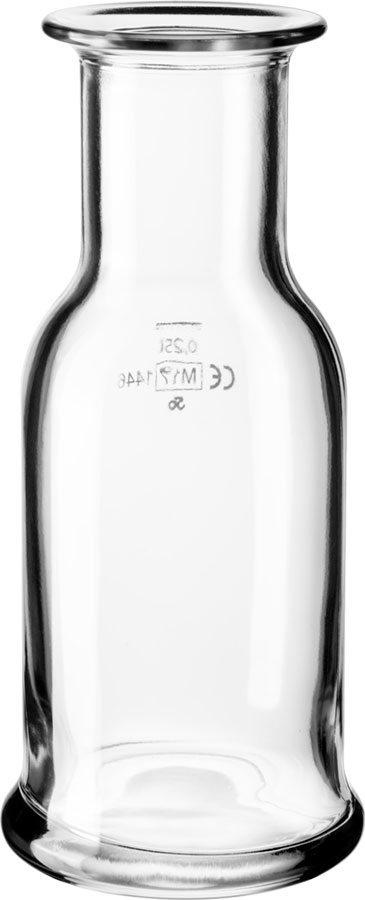
Purity Carafe
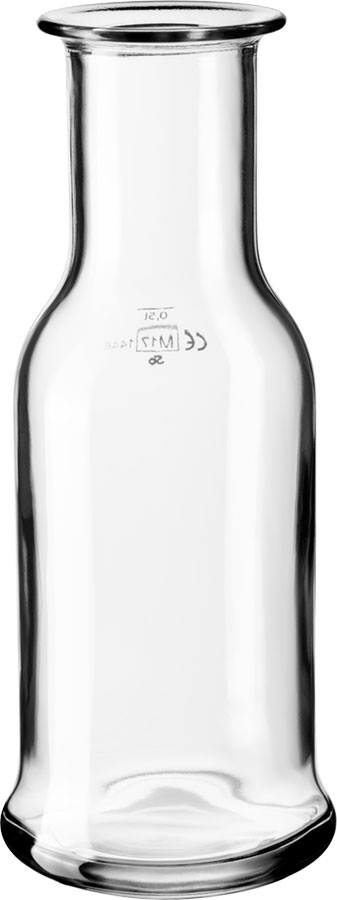
Purity Carafe
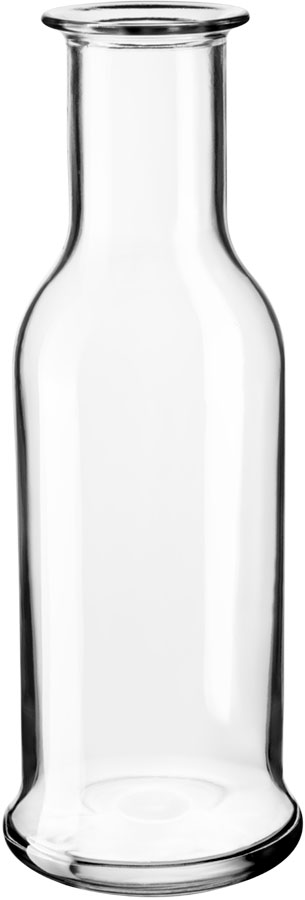
Purity Carafe
Piuma - show all
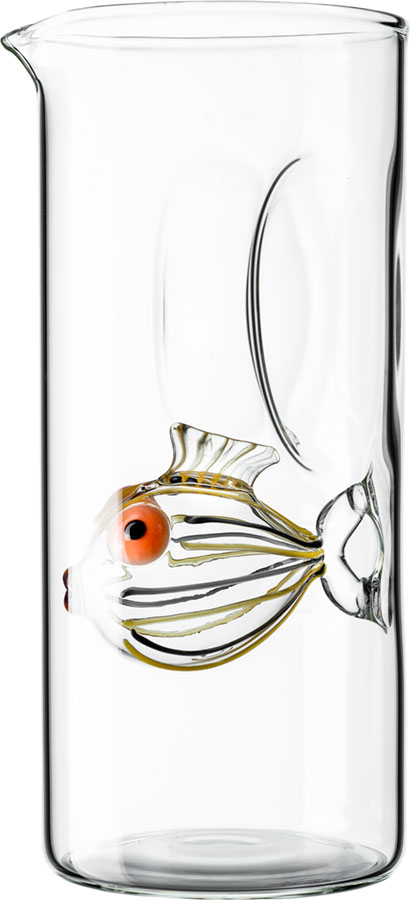
Piuma Carafe Cardinale
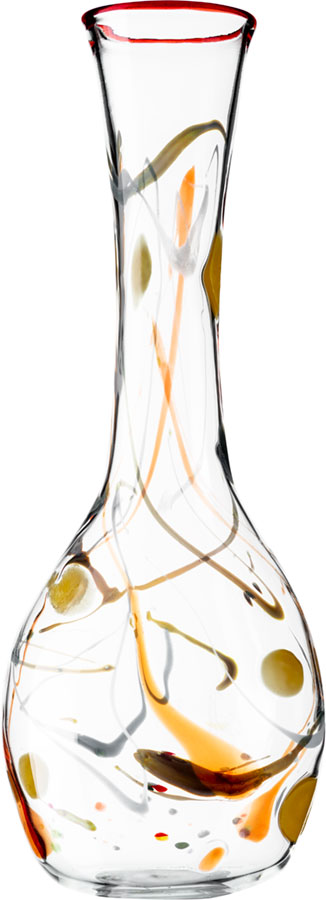
Piuma Carafe Fiasco
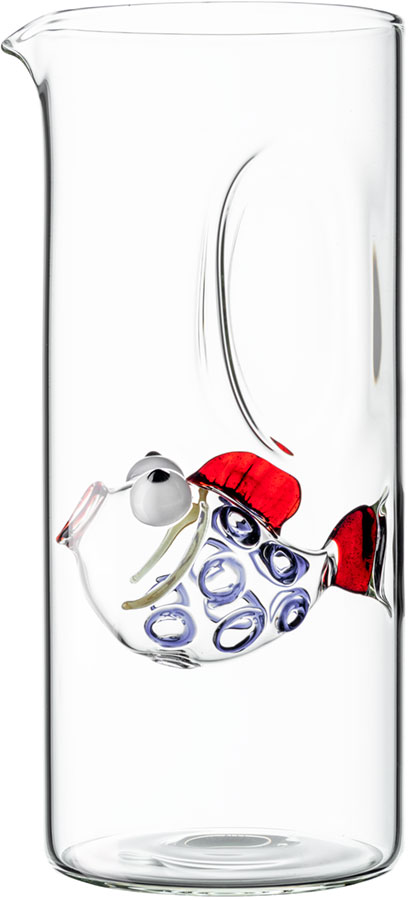
Piuma Carafe Pantelleria
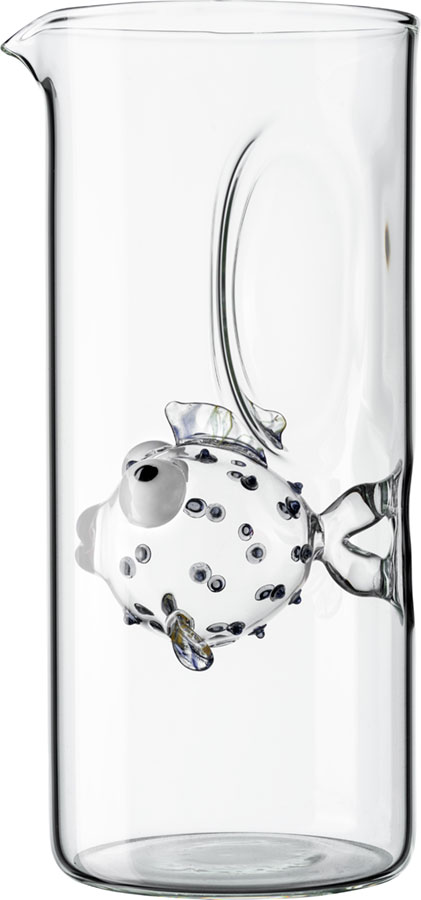
Piuma Carafe Pappagallo
Nuova Bar - show all
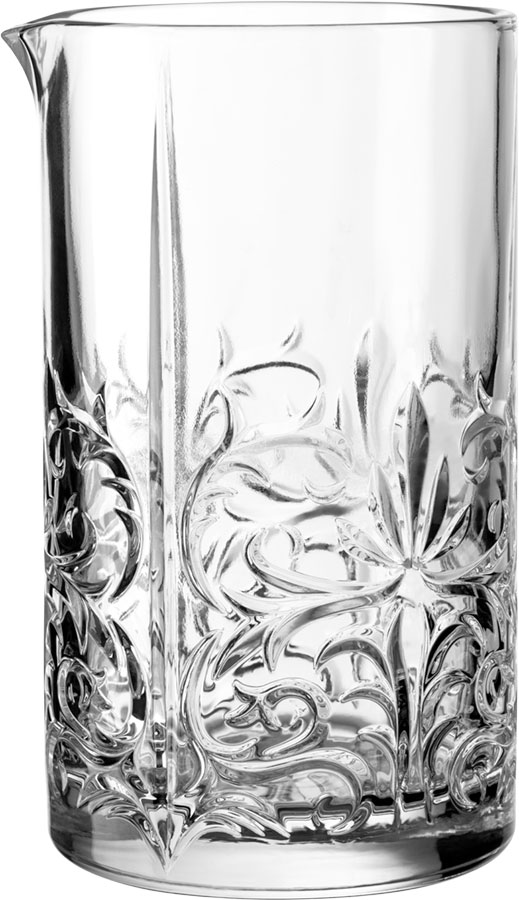
Tattoo Mixing Carafe
Nobless - show all
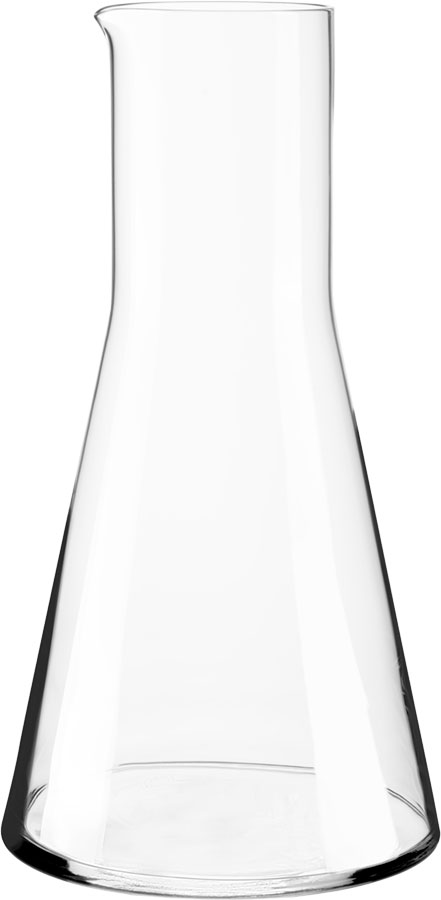
Carafe 1000
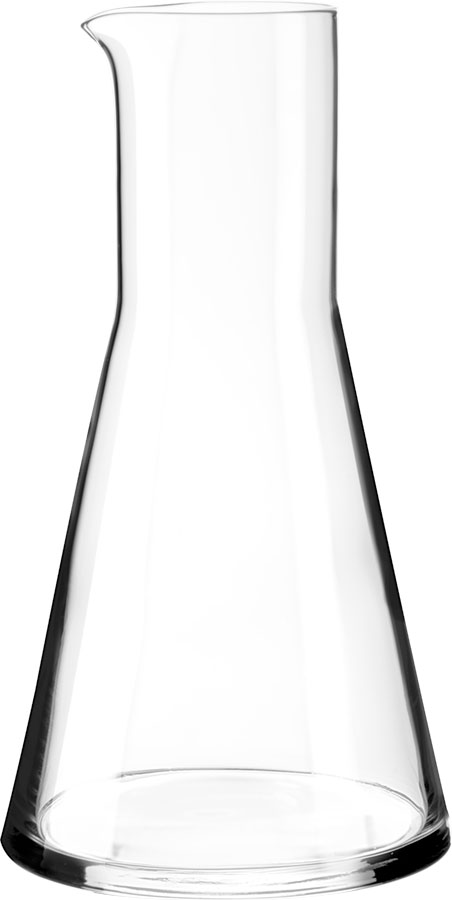
Carafe 250
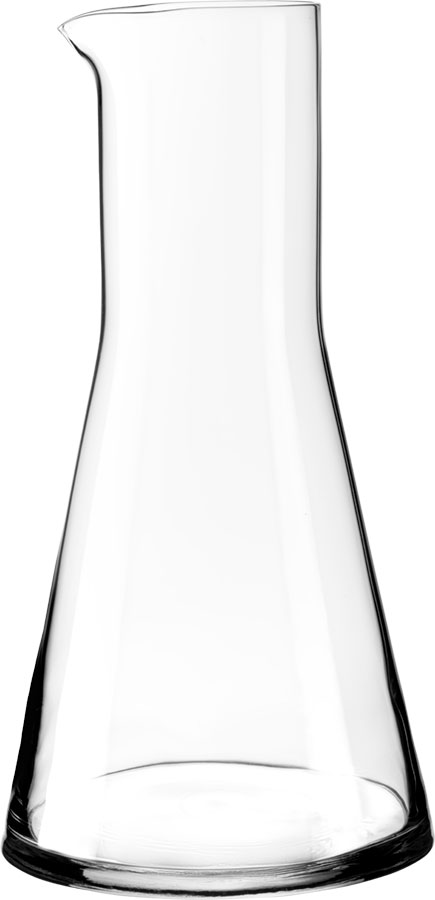
Carafe 500

Water bottle
Adria - show all
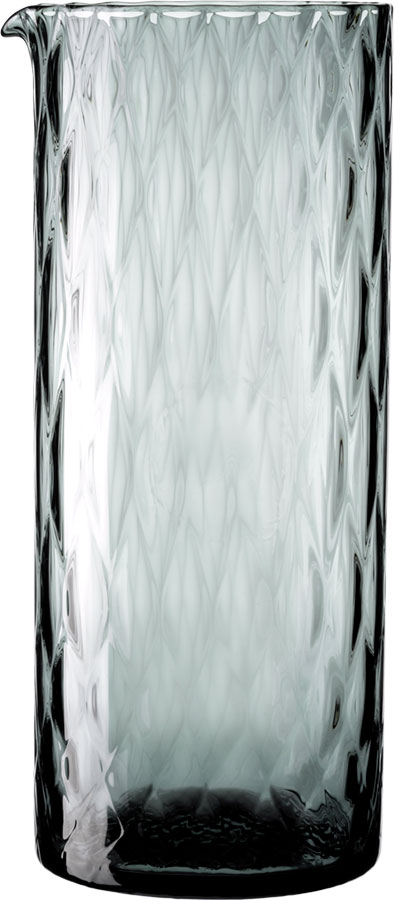
Adria Carafe
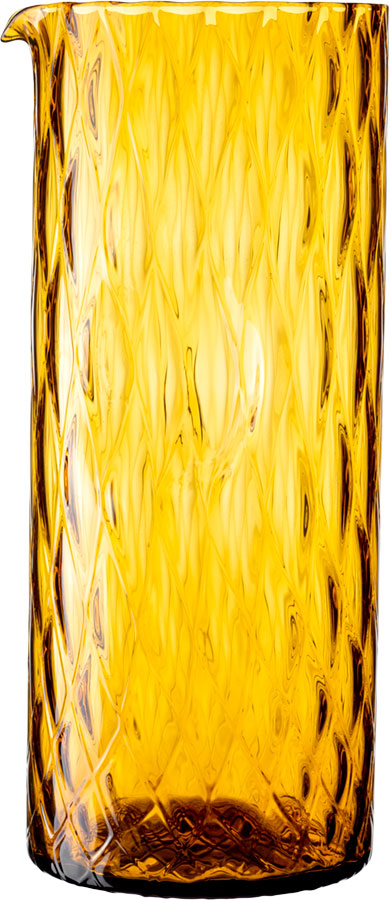
Adria Carafe
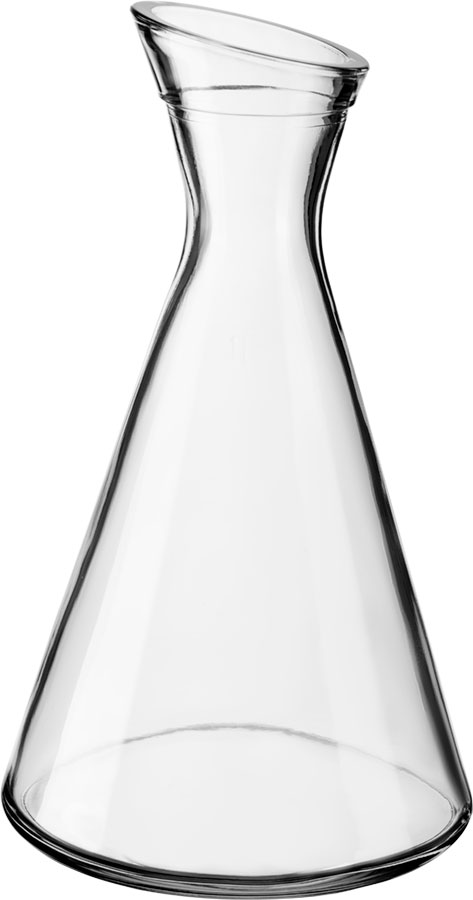
Angled NeckCarafe

Angled NeckCarafe Styria
HANDLING TIPS
(1) Non-drip pouring
Proper pouring from a carafe requires a degree of finesse. Most modern carafes have their own spout, which makes non-drip pouring a rather easier exercise. However, be careful not to fill the carafe to the tip, otherwise dripping is inevitable. Furthermore, the carafe should not be emptied too boisterously. Those who pour patiently will save themselves a mishap.
(2) Proper maintenance for carafes
Carafes are happily used to enhance a beautifully laid table; in summer they are used to serve various refreshments in larger amounts. As a result, your carafe may get dirty both inside and out. Even if some models are advertised as dishwasher-proof, it is best to wash them by hand as this is milder on the surface. The water should always be warm and a very mild washing-up liquid is recommended in minimum quantities. This allows you to remove light fingerprints or residue inside the vessel. To avoid washing-up residue, the carafe must be rinsed thoroughly several times after washing. All water residue must also be removed in order to avoid chalky deposits. Simply place the carafe upside down on a fresh dishcloth, or simply let the water run off and then dry with a microfibre cloth. If the neck of the carafe is so narrow that you can’t reach the bottom, simply wrap the cloth around the handle of a wooden spoon. This will guarantee your carafe a long, gleaming life.




